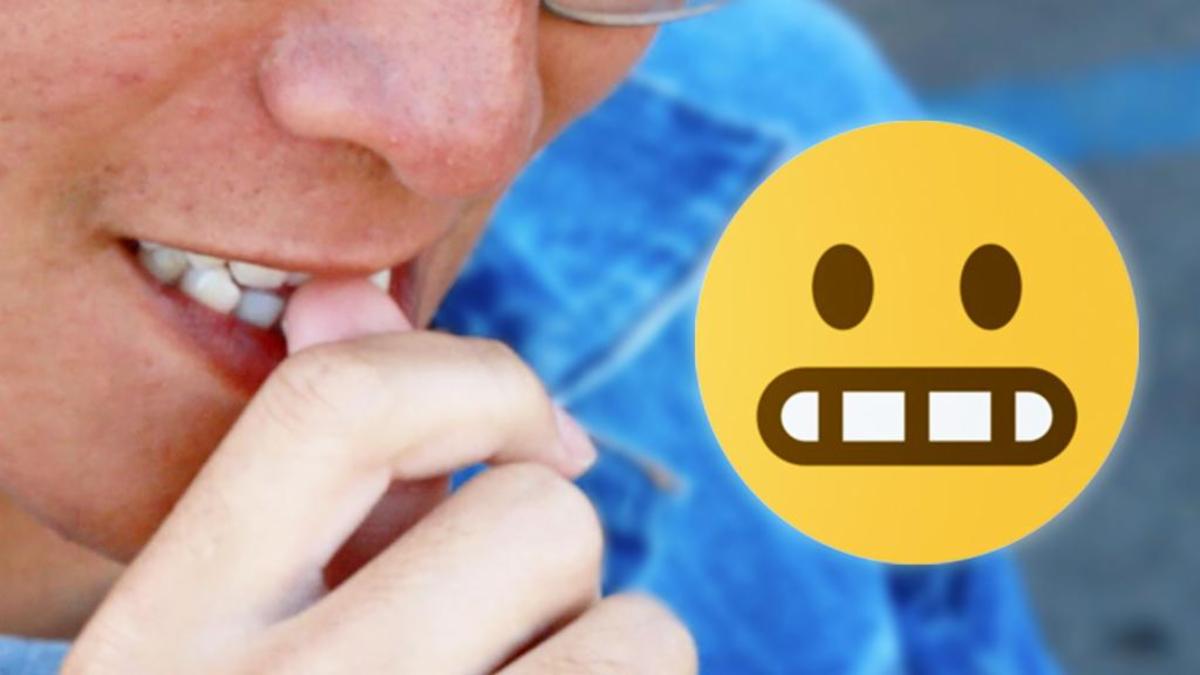Article Body
nail biting: Not Simply a Nervous Habit, Says New Study
Biting Back at Stereotypes
In a significant shift from previous assumptions, scientists now say nail biting may be more than just a nervous tic—it could be a marker for perfectionist personality types and may even carry unexpected health benefits for children. The new findings challenge decades of psychological and medical thinking about this common habit.
Latest Scientific Findings
A comprehensive study led by researchers at Université de Montréal and supported by the Dunedin Multidisciplinary Health and Development Study in New Zealand found:
-
Nail-biting often signals perfectionism, with individuals biting not only when anxious but also when frustrated or bored due to unmet goals.
-
About 20–30% of the population are regular nail biters—especially among high-achieving, “Type A” perfectionists.
-
Childhood nail biting and thumb sucking may contribute to a lower risk of allergic sensitization in later life.
“People who over-plan, get frustrated easily, or feel unsettled when things are out of place may be more likely to develop habits like nail biting. It helps manage internal tension, not just during anxiety, but also in boredom or restlessness,” explains Dr. Kunal Sood, MD, a double board-certified physician.
Unexpected Health Upside
A 2016 longitudinal study in Pediatrics followed over 1,000 children born in Dunedin, New Zealand, into adulthood:
-
By age 13, 38% of frequent nail-biters or thumb-suckers developed allergies, compared to 49% of other children.
-
Kids who did both had the lowest rate—31%.
-
The protective effect persisted until age 32—even after accounting for family history, pet ownership, and other variables.
Professor Bob Hancox, a lead researcher, emphasized, “The findings support the ‘hygiene hypothesis’, suggesting that exposure to microbes as a child reduces your risk of developing allergies.”
Medical Community Weighs In
Not all experts urge parents to encourage these behaviors.
“While thumb-suckers and nail-biters had fewer allergies on skin testing, we found no difference in their risk for asthma or hay fever,” says Stephanie Lynch, MD, one of the Dunedin Study authors.
Dr. Jay Portnoy of Children’s Mercy, Kansas City, elaborates: “Children with such habits ingest more bacteria, which may stimulate the immune system in beneficial ways. Still, more research is needed”.
Wider Implications
The studies reinforce the complexities behind repetitive behaviors. Nail biting is part of “body-focused repetitive behaviors”, alongside skin picking and hair pulling, and can both relax and stimulate, depending on emotional state.
Conclusion
With millions affected worldwide, these new insights shed light on nail biting’s psychological roots and potential health upsides, challenging deep-seated stigma. As science progresses, experts urge understanding, not judgment, for those with this misunderstood habit.
For official resources and further reading, visit Wikipedia: Onychophagia or Pediatrics journal.


Comments